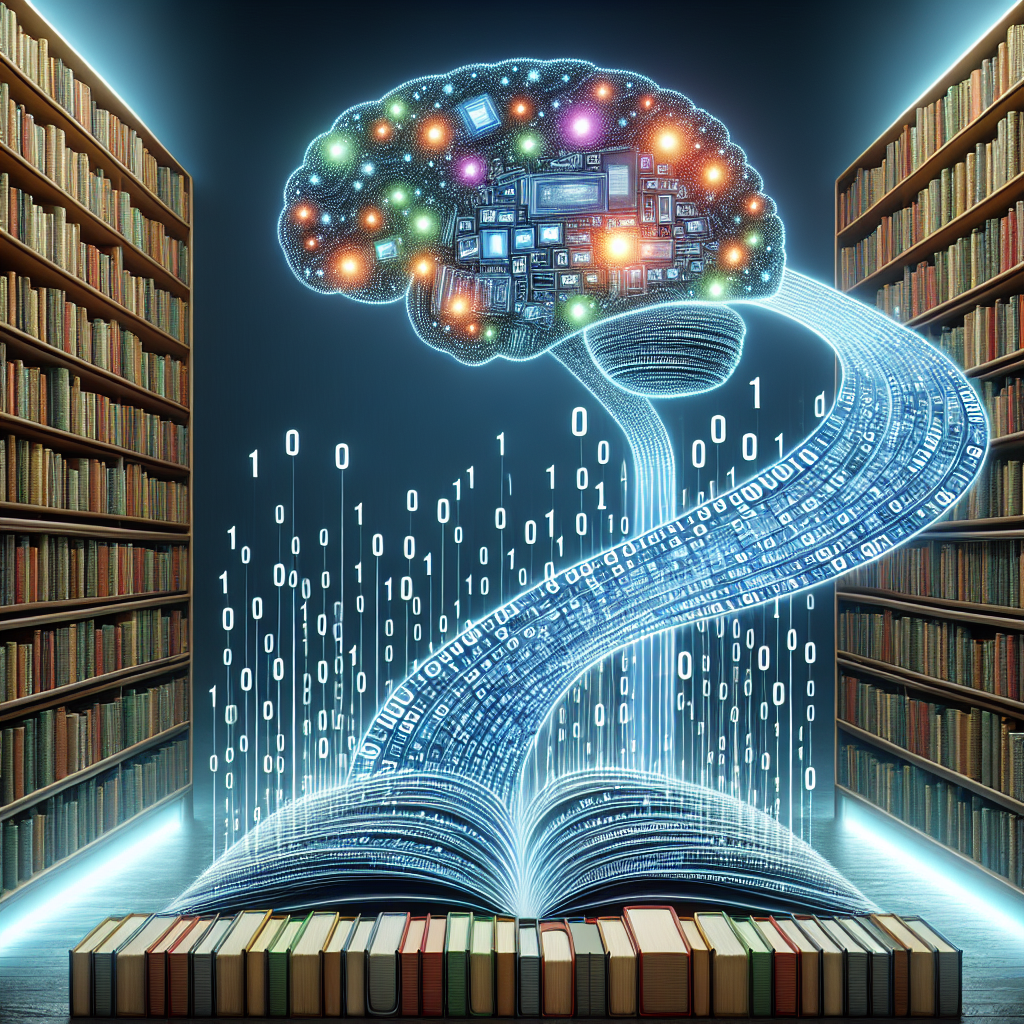Natural Language Processing (NLP) is a rapidly evolving field that has had a profound impact on knowledge discovery in various domains. NLP is a branch of artificial intelligence that focuses on the interaction between computers and humans using natural language. It involves the development of algorithms and models that enable computers to understand, interpret, and generate human language.
The impact of NLP on knowledge discovery is significant, as it allows researchers and practitioners to extract valuable insights from unstructured text data, such as documents, articles, social media posts, and more. By leveraging NLP techniques, organizations can uncover hidden patterns, trends, and relationships within large volumes of text data, leading to new discoveries and innovations.
One of the key ways in which NLP has revolutionized knowledge discovery is through text mining, which involves the automated extraction of relevant information from text data. NLP algorithms can analyze and categorize text data, identify key concepts and entities, and extract sentiment and opinions. This enables researchers to quickly sift through large amounts of text data to identify important insights and trends.
Another important application of NLP in knowledge discovery is information retrieval, which involves the extraction of relevant information from large collections of text data. NLP algorithms can be used to build search engines that can quickly retrieve relevant documents or articles based on user queries. This enables researchers to access a vast amount of information and knowledge, which can help drive new discoveries and advancements in various fields.
In addition to text mining and information retrieval, NLP has also been applied to knowledge graph construction, which involves the creation of structured representations of knowledge from unstructured text data. By using NLP techniques to analyze and extract information from text data, researchers can build knowledge graphs that represent the relationships between entities and concepts, leading to a more comprehensive understanding of complex systems and domains.
Furthermore, NLP has enabled the development of advanced language models, such as transformer models like BERT and GPT-3, which have revolutionized natural language understanding and generation. These models have significantly improved the performance of various NLP tasks, such as language translation, text summarization, and sentiment analysis, leading to more accurate and efficient knowledge discovery.
Overall, the impact of NLP on knowledge discovery is profound, as it has enabled researchers and practitioners to extract valuable insights from unstructured text data, build knowledge graphs, and develop advanced language models. By leveraging NLP techniques, organizations can uncover hidden patterns, trends, and relationships within text data, leading to new discoveries and innovations in various fields.
FAQs:
1. What are some common NLP techniques used in knowledge discovery?
– Some common NLP techniques used in knowledge discovery include text mining, information retrieval, sentiment analysis, named entity recognition, and language modeling.
2. How does NLP help in extracting insights from unstructured text data?
– NLP algorithms can analyze and categorize text data, identify key concepts and entities, extract sentiment and opinions, and build knowledge graphs, enabling researchers to extract valuable insights from unstructured text data.
3. How are language models like BERT and GPT-3 revolutionizing natural language understanding?
– Language models like BERT and GPT-3 have significantly improved the performance of various NLP tasks, such as language translation, text summarization, and sentiment analysis, leading to more accurate and efficient knowledge discovery.
4. How can organizations leverage NLP for knowledge discovery?
– Organizations can leverage NLP techniques to analyze large volumes of text data, extract valuable insights, build knowledge graphs, and develop advanced language models to drive new discoveries and innovations in various fields.
5. What are some challenges in applying NLP to knowledge discovery?
– Some challenges in applying NLP to knowledge discovery include the complexity of natural language, the need for large amounts of labeled data, and the interpretability of NLP models. Researchers and practitioners are actively working to address these challenges to further advance the field of NLP in knowledge discovery.

